Filing Nightmares and Flying Dreams in "Brazil"
In Terry Gilliam's 1985 classic "Brazil," rated 7.8/10, absurdity and bureaucracy collide in a darkly comedic dystopian vision.
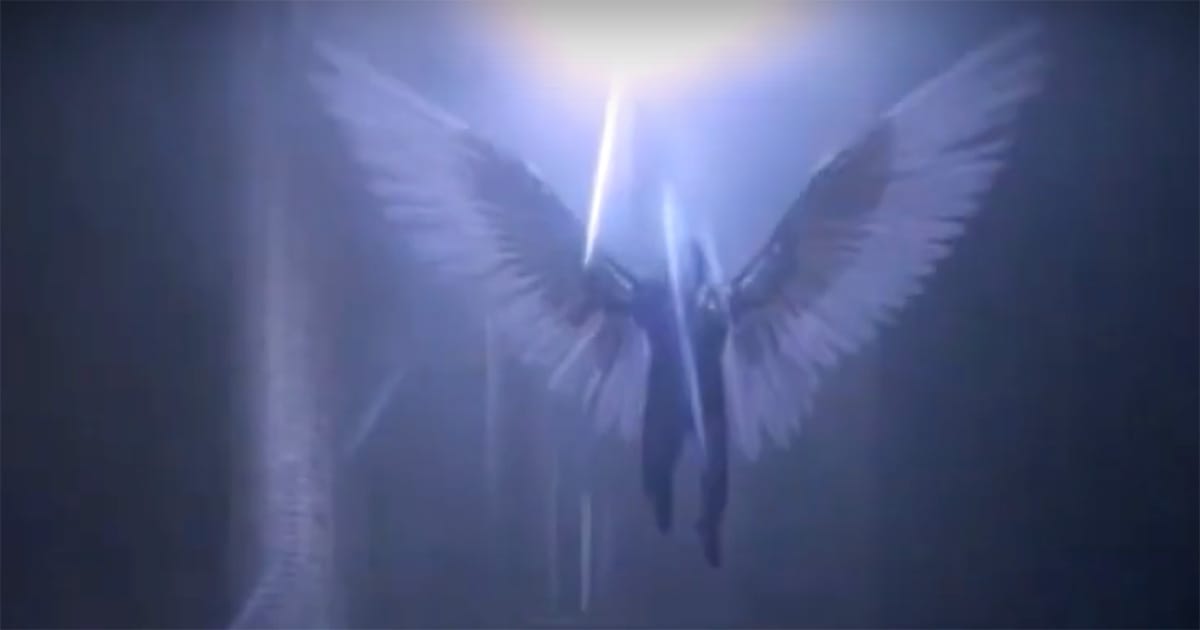
In 1985, Terry Gilliam gave us "Brazil," a movie that imagines what might happen if George Orwell got locked in a supply closet with Franz Kafka and a bunch of malfunctioning printers.
Co-written by Gilliam, Charles McKeown, and Tom Stoppard—presumably during a collective fever dream—the film drops us into a world where bureaucracy is so dense it requires its own postal code. Our hero, Sam Lowry (played by Jonathan Pryce, who is either brilliant or just very confused for two hours), spends most of the movie trying to file the right form while escaping ductwork and daydreaming about flying around in a metal suit.
"Brazil" didn't exactly break box office records on arrival—audiences in 1985 were still recovering from shoulder pads—but it grew into a cult favorite among people who enjoy questioning reality while staring at retro-futuristic toasters. The film's commentary on mindless conformity, overreaching government, and useless paperwork still hits home, especially if you've ever tried calling tech support. Yes, it's strange. Yes, it's long. But like a government-issued sandwich, it leaves you thinking. What just happened, and why am I still chewing?
| Attribute | Details |
|---|---|
| Title | Brazil |
| Director | Terry Gilliam |
| Writer | Terry Gilliam, Tom Stoppard, Charles McKeown |
| Actors/Actresses | Jonathan Pryce, Kim Greist, Robert De Niro |
| Rated | R |
| Runtime | 132 min |
| Box Office | $9,929,135 |
| U.S. Release Date | 18 Dec 1985 |
| Quality Score | 7.8/10 |
Synopsis
In "Brazil," we meet Sam Lowry, a guy who works a soul-crushing government job where his main skill is losing paperwork and getting yelled at. He dreams of being a winged superhero zipping through the sky like some kind of armored cherub, which is way more fun than sorting invoices in a cubicle the size of a broom closet. Things go sideways when a clerical error—basically a fly falling into a printer—leads to the wrongful arrest of the wrong guy. This kicks off Sam's descent into a world so full of red tape it could qualify as a national park.
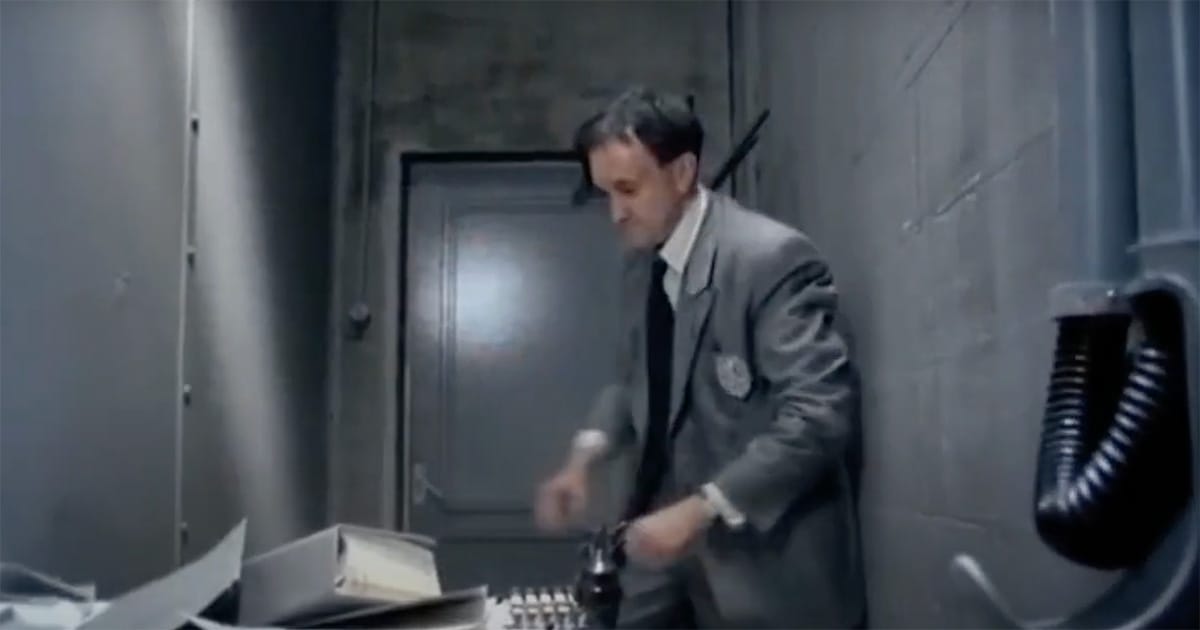
Sam stumbles across Jill Layton (Kim Greist), a woman who looks suspiciously like the one from his dreams, and instantly decides she's his ticket out of this bureaucratic turkey shoot. Along the way, he crosses paths with Harry Tuttle (Robert De Niro), a rogue HVAC technician who's basically Robin Hood with ductwork, and Mr. Kurtzmann, a man so deep in the system he probably files reports on his own nightmares.
As Sam digs deeper, reality starts to unravel faster than government-issued shoelaces. His dreams, his love life, and his mental stability get tangled up in a knot of exploding paperwork and pipe-filled corridors. By the end, it's unclear whether Sam has broken free or just taken the scenic route to complete mental collapse. Either way, "Brazil" serves up a hilariously grim look at a world where nothing works right—except the surveillance cameras.
Theme
Watching "Brazil" is like falling asleep in an IKEA store and dreaming a giant receipt printer is chasing you. It's dazzling, weird, and occasionally makes you question whether you paid your electric bill. Terry Gilliam's vision combines the worst parts of retro design, malfunctioning gadgets, and bureaucratic paper storms into a movie that feels like someone poured "1984," "Metropolis," and a broken fax machine into a blender.
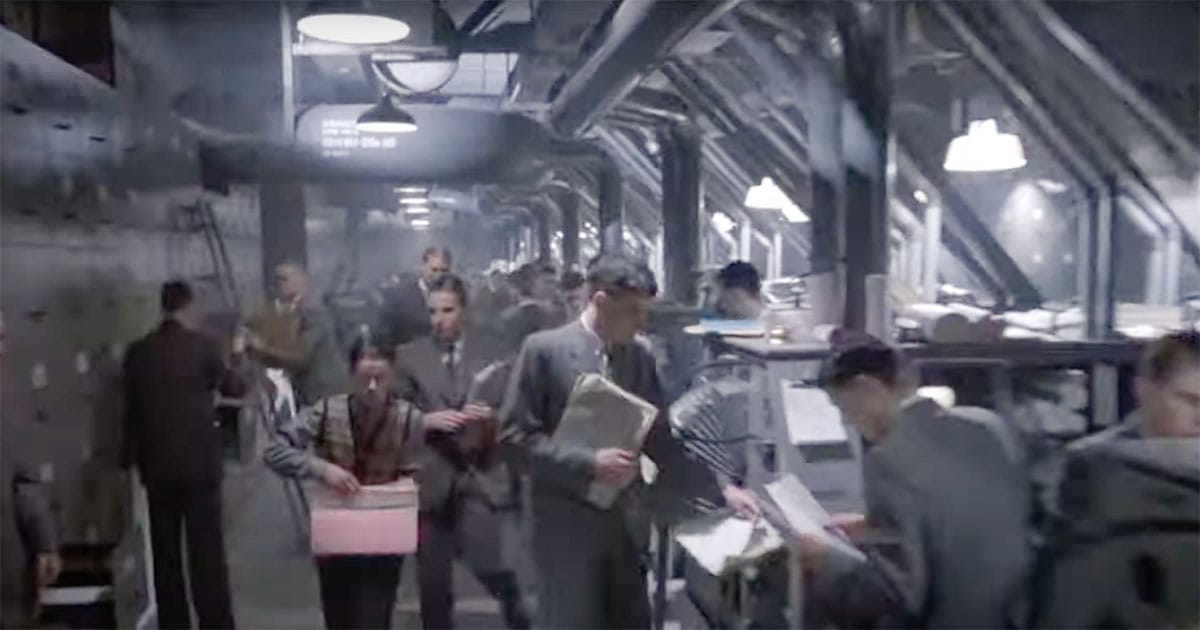
At the heart of the film is bureaucracy—lots of it. We're talking mountains of forms, ducts in every wall, and a system so rigid it makes the DMV look like a day spa. The message? Bureaucracy is not your friend. It's more like a clingy robot that loses your lunch order and then accuses you of terrorism. Sam Lowry, our paper-pushing protagonist, is so buried in forms that by the time he figures out what's going on, he's either having a revelation or just really sleep-deprived.
And then there are the dreams. Sam's nighttime escapes are majestic and vaguely bird-themed, giving him the wings reality denies. These dream sequences are beautiful, eerie, and just confusing enough to make you wonder if you've fallen into an opera directed by a mime. Meanwhile, the soundtrack lures you in with whimsical tunes that sneak up and stab you in the back with sadness. It's like being serenaded by a marching band at a funeral.
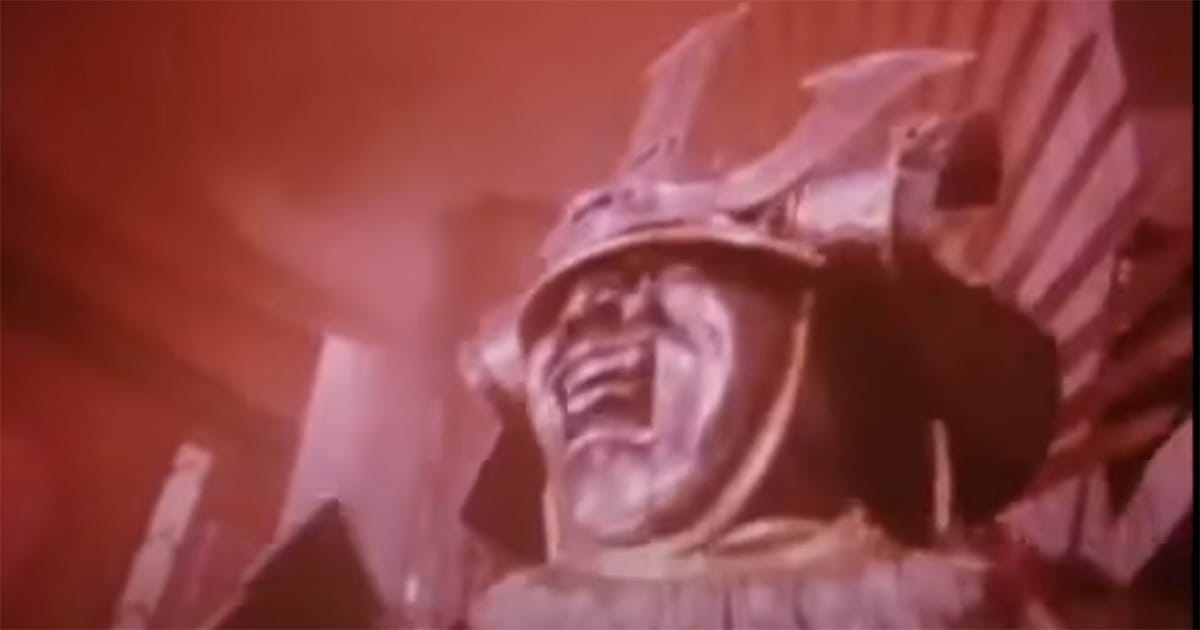
Of course, there's a love story, because nothing says romance like dodging security forces and sharing meaningful glances in alleyways. Sam and Jill's relationship is equal parts heartwarming and "please stop running from explosions." They're star-crossed in a world that doesn't allow much room for stars—or crossing. It's touching in the way that watching two people fall in love during a fire drill is touching.
"Brazil" offers a warning wrapped in duct tape and delivered by malfunctioning machinery. The message is clear. Do not let the system crush your soul. Also, keep your receipts. The film is absurd, funny, and uncomfortably familiar to anyone who has ever filled out paperwork just to get more paperwork. By the end, you will laugh, you will sigh, and you may start checking your thermostat for signs of surveillance.
Who Will Watch Brazil
"Brazil" is like that eccentric friend who tells stories that start with a plumbing mishap and end with philosophical insights about the human condition. If you've ever laughed bitterly while filling out a form that asked for your favorite color three times, this movie is for you.
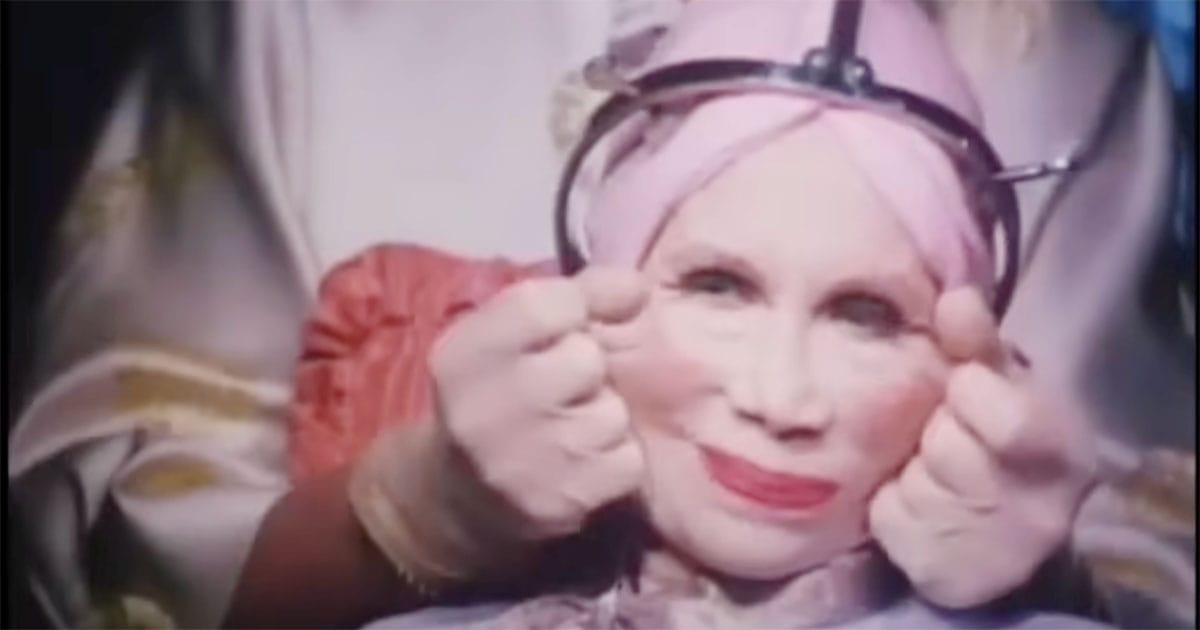
It's best enjoyed on a rainy night after a week of dealing with malfunctioning office printers and holding for customer service. Skip the rom-com. Put on "Brazil," grab something comforting to drink, and let the film whisk you off to a place where dreams involve metal wings, and bureaucracy has its own soundtrack.
This is also perfect for group viewings where people actually talk during the movie. "Brazil" invites debate, confusion, and occasional shouts of "Wait, what just happened?" It's tailor-made for those who enjoy poking fun at societal absurdities while secretly wondering if their toaster is watching them.
If you like your science fiction weird, witty, and slightly uncomfortable, "Brazil" checks all the boxes. It's not just a movie—it's an oddly beautiful warning sign about modern life, dressed in ductwork and wrapped in dream logic. And it will stay with you, like the memory of a strange dream that might have meant something important—if only you could find the right form to file.

